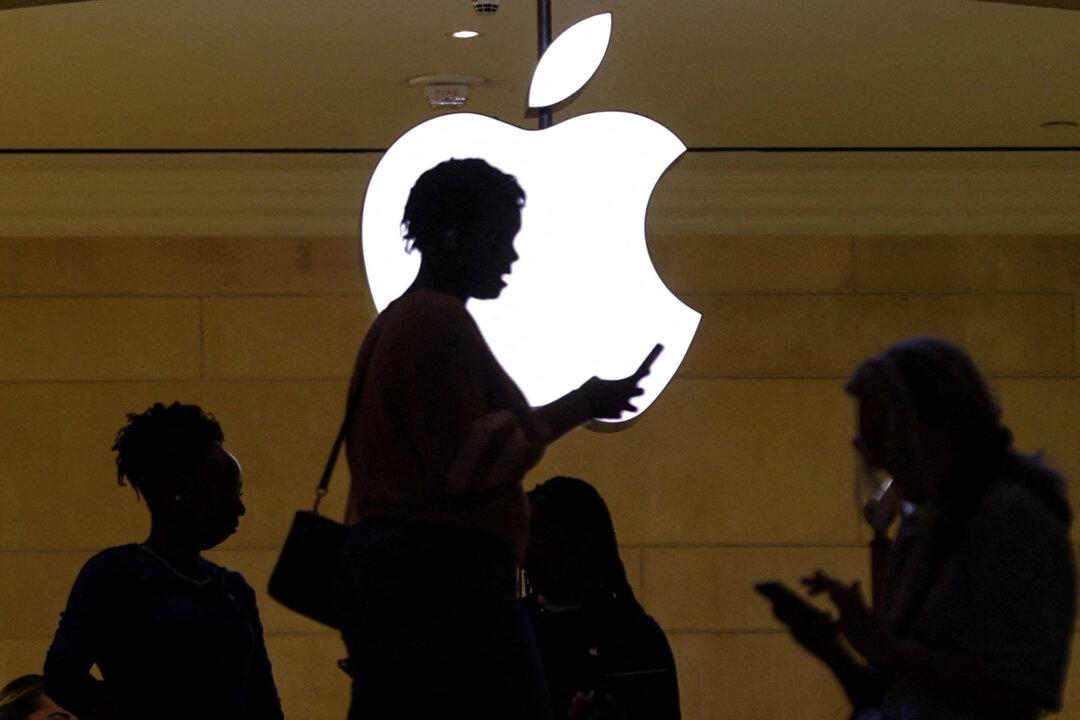Apple issued security patches to resolve vulnerabilities on devices that would have allowed hackers to infect targets with spyware even when users do not click on anything.
The security update is aimed at “iPhone 8 and later, iPad Pro (all models), iPad Air 3rd generation and later, iPad 5th generation and later, and iPad mini 5th generation and later,” Apple said on Thursday. The patches are for iOS 16.6.1 and iPadOS 16.6.1 versions of the operating system. The security threat is related to affected devices processing “maliciously crafted” images that result in random execution of harmful code. “Apple is aware of a report that this issue may have been actively exploited,” the company said.





